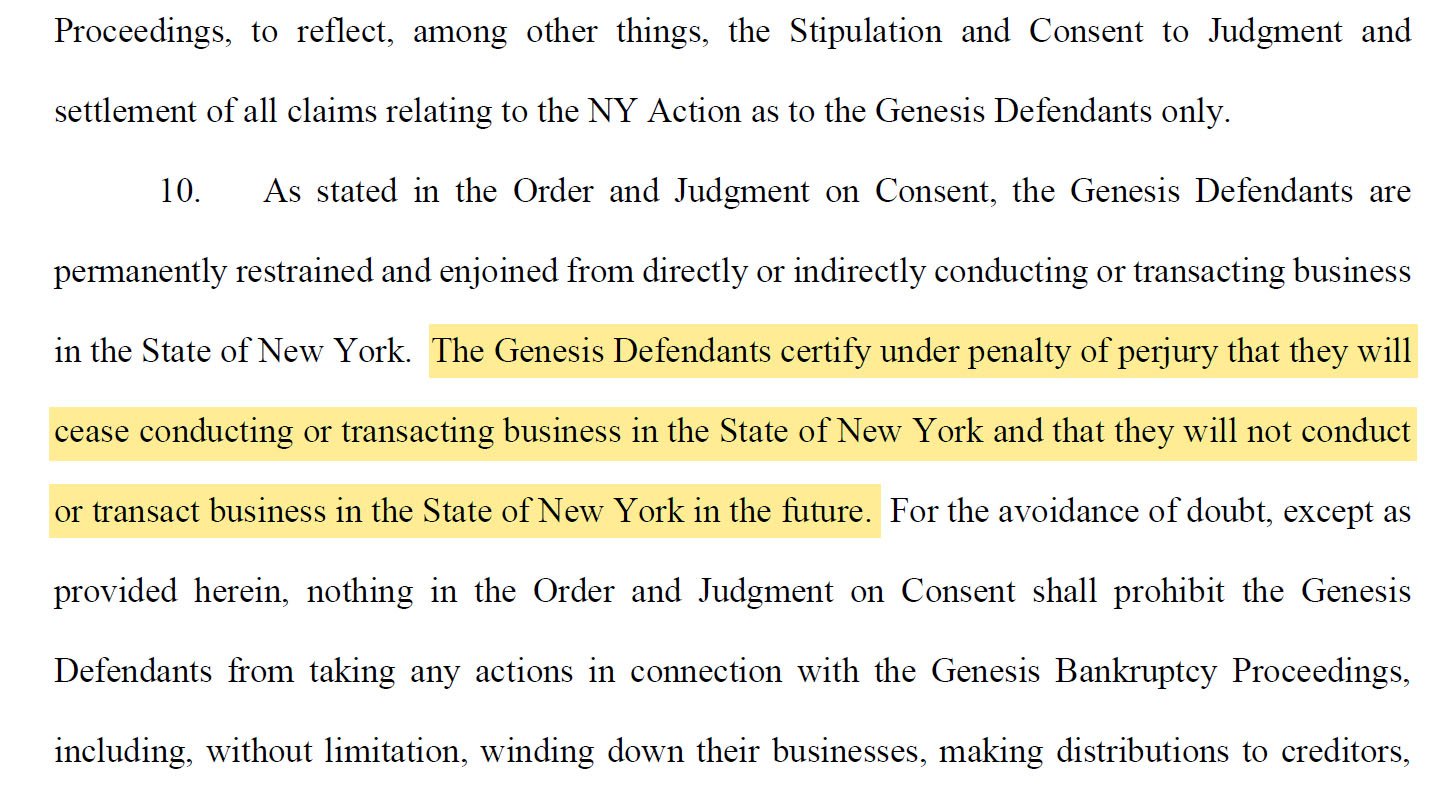New York Attorney General Letitia James has escalated her legal battle against major digital asset firms, including Digital Currency Group (DCG), Genesis, and Gemini. The lawsuit, which initially sought $1 billion in restitution for alleged investor fraud, has now surged to a staggering $3 billion, as more victims come forward.
James said in Friday’s statement:
“After months of false promises, we pulled the curtain back and revealed that DCG was lying to investors and defrauding them out of billions, the fraud and deceit were so expansive that many additional people have come forward to report similar harm. This illegal cryptocurrency scheme, and the horrific financial losses that real people have suffered, are yet another reminder of why stronger cryptocurrency regulations are needed to protect all investors.”
Alleged Fraud Scheme and Lawsuit Expansion
The lawsuit revolves around the Gemini Earn program, where investors were promised high returns for lending their digital assets to Genesis. However, according to the Attorney General, these assurances turned out to be deceptive, leading to significant losses for investors.
Related reading: CoinEx Settles Lawsuit With NY Attorney General, Pays $1.8 Million Fine
Related reading: KuCoin Settles Lawsuit with New York, Exits State in $22M Deal
As the lawsuit progresses, Attorney General James has expanded her focus, aiming not only at Gemini and Genesis but also at their parent company, Digital Currency Group. The amended complaint reflects the Attorney General’s determination to hold all parties accountable for their alleged involvement in defrauding investors.
Growing Losses and Digital Currency Group’s Response
Reports from Forbes and Fox Business indicate that numerous more investors have stepped forward to disclose their financial losses subsequent to the initiation of the initial legal action.
With over 230,000 investors claiming to be victims of the alleged fraud, losses have skyrocketed to over $3 billion. This significant increase underscores the widespread impact of the scheme and the urgent need for regulatory intervention in the alleged malpractices of the companies involved.
Digital Currency Group has vehemently denied the allegations, labeling the lawsuit as “baseless.” The company asserts its commitment to conducting business lawfully and with integrity, expressing confidence in prevailing against the legal claims.
A DCG spokesperson said:
“There is nothing new here […] This is the same baseless complaint recirculated to generate another round of press headlines. We will fight the claims aggressively and we will win […] DCG has always conducted its business lawfully and with integrity, and DCG and Barry Silbert will be fully vindicated.”
Settlement and Bankruptcy
Genesis, a subsidiary of DCG, recently reached a settlement with the Attorney General’s office, agreeing to cease operations in New York. However, this settlement is subject to bankruptcy court approval, highlighting the financial troubles faced by the digital asset lending firm.

Recently, Genesis consented to settle with the SEC by agreeing to a $21 million penalty, with the condition that it prioritizes reimbursing its customers before finalizing the payment.
Attorney General James emphasizes the importance of stronger digital asset regulations to protect investors from similar schemes in the future. The lawsuit serves as a stark reminder of the risks inherent in the digital asset lending market and the need for safeguards to ensure investor protection.
Continued Legal Battles
Despite the settlement with Genesis, the legal battle is far from over. Gemini, operated by the Winklevoss twins, continues to contest the allegations, signaling a protracted legal struggle ahead.
As the digital asset lawsuit unfolds, all eyes are on New York’s Attorney General Letitia James and her pursuit of justice for defrauded investors. The outcome of this legal battle could have far-reaching implications for the future regulation of digital assets and bitcoin and the protection of investors in the digital age.










